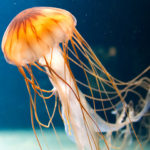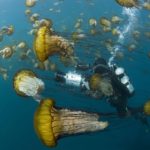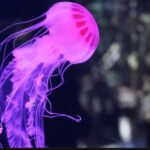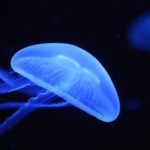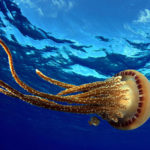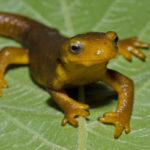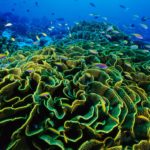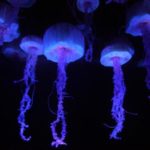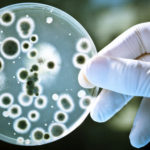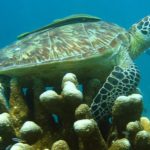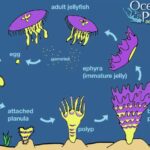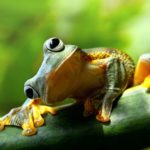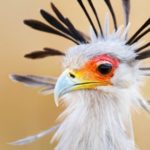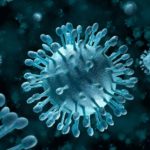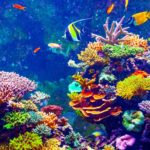20 interesting facts about biology
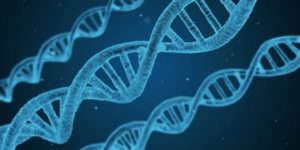 The science of biology that studies living organisms is very interesting, and experienced scientists could tell a lot of interesting facts from this field. Of course, some of them will be understandable only to those who are well versed in this area, but for all others who are not biologists, some things can be pretty surprising. The organism of a living being is a complex and surprising thing.
The science of biology that studies living organisms is very interesting, and experienced scientists could tell a lot of interesting facts from this field. Of course, some of them will be understandable only to those who are well versed in this area, but for all others who are not biologists, some things can be pretty surprising. The organism of a living being is a complex and surprising thing.
On Earth, there is one single immortal being. This is a jellyfish, well studied by biologists. It develops from a polyp, and after the end of the life cycle of the jellyfish does not die, but sinks to the bottom and turns back into a polyp, after which the cycle is restarted. These jellyfish are eagerly eaten by fish, and this is the only thing that keeps them from living forever.
The biology-surprising mechanism of hunting and feeding has developed in starfish. They throw their stomach out, enveloping their victim, immediately after which the digestion process starts.
In camels, despite the humps, the spine is as straight as in horses.
Some different species may interbreed with each other, but their offspring will already be fruitless. So, the largest in the world representative of the cat family is a liger named Hercules, a hybrid of a lion and a tiger.
Some species of mollusks, such as oysters, can change their sex of their own accord.
The strongest muscle in the human body is the tongue.
In the average human brain about 100 thousand different chemical reactions take place.
In the human body, there are about 90 rudimentary organs.
The blood of mammals is red thanks to the iron that carries oxygen. In some mollusks, copper performs this function, so their blood is blue.
Grass is very high. For example, from the point of view of biology, banana palms are grass. But all the records are beaten by bamboo, which is also grass, and it grows to 25-30 meters. And 30 meters is about the height of a 10-storey building.
About 70% of all biological mass on Earth are bacteria.
In humans, the total weight of bacteria, mainly in the intestines, reaches one and a half kilograms.
With all the diversity of birds on Earth, only one of them is completely devoid of wings – the New Zealand kiwi bird, the subject of close study of biologists all over the world.
Some birds can sleep during the flight. In particular, storks act like this.
Man is far from the strongest primate on Earth. An adult male gorilla is about 7-8 times better than a trained man in physical strength.
A chicken egg can have more than one yolk. Two – not so rare, but the record is as much as 9 pieces.
The most long-lived trees in the world are most likely redwoods. The age of the oldest of them reaches 2,000 years.
In past epochs on Earth there existed hundreds of times more species of living beings than they do now, but they all became extinct. However, studying them is no longer biology, but paleontology.
Bird feathers weigh more than their skeleton.
Cuckoos throw their chicks into other people’s nests, not because they are such bad parents, but because adult cuckoos and their cubs eat different foods.
